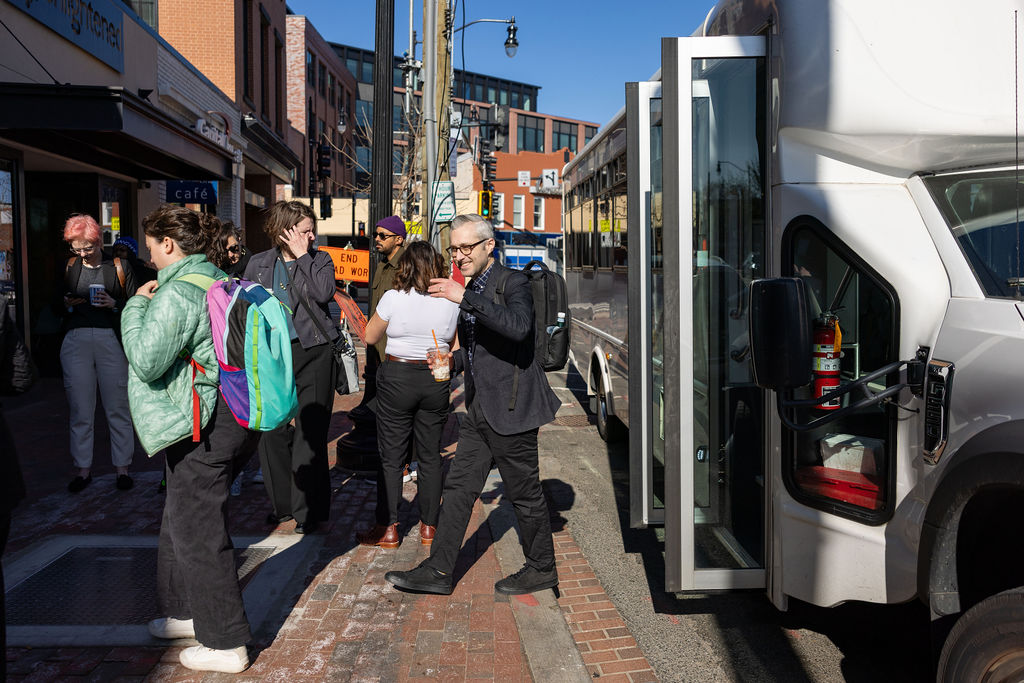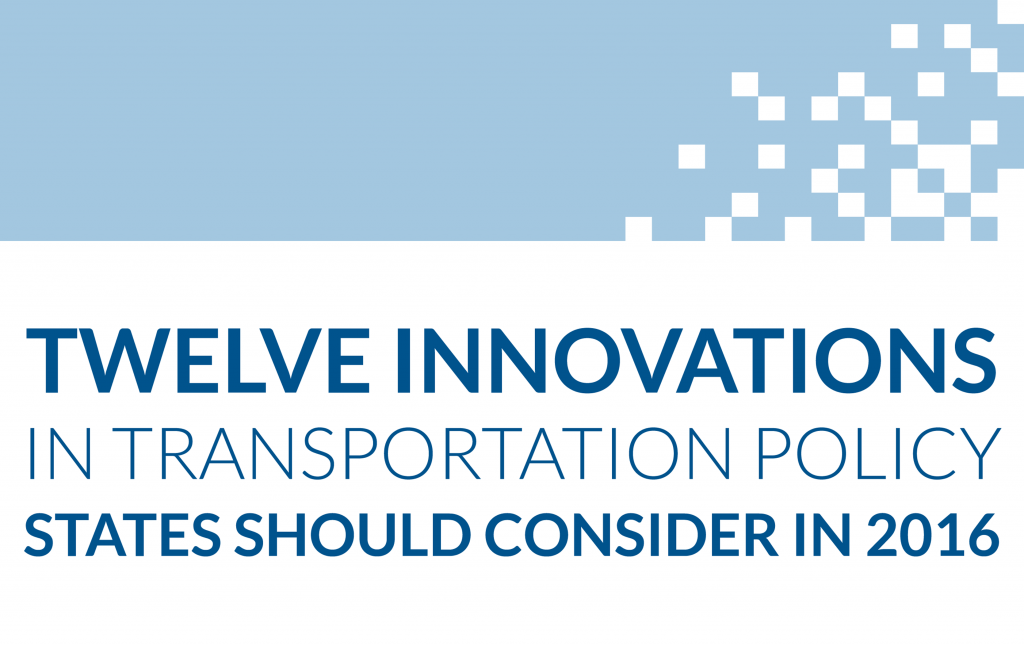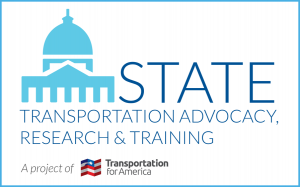
Maryland attempting to bring accountability & transparency into process for selecting transportation projects

Maryland is attempting to join the growing movement of states trying to ensure that transportation projects are selected and built on their merits in a more transparent process. T4America testified today in favor of a Maryland bill that would move the needle in that direction.
 The Maryland Open Transportation Investment Decision Act (HB 1013/S 0908) would define state goals and measures to score and choose transportation projects, helping to program scarce transportation dollars more objectively. The bill is similar to a new process approved by Maryland’s neighbors in Virginia several years ago, which we covered recently in detail here: “Virginia launches program to remove politics from transportation investment decisions.”
The Maryland Open Transportation Investment Decision Act (HB 1013/S 0908) would define state goals and measures to score and choose transportation projects, helping to program scarce transportation dollars more objectively. The bill is similar to a new process approved by Maryland’s neighbors in Virginia several years ago, which we covered recently in detail here: “Virginia launches program to remove politics from transportation investment decisions.”
T4America was invited by several START network members in Maryland to offer a national perspective on the bill, and policy director Joe McAndrew testified in support earlier this afternoon. (Note: START is T4America’s State Transportation Advocacy, Research & Training Network for state elected leaders and advocates working on these issues. Find out more here. -Ed.)
Many Americans find the byzantine nature of their transportation system confusing, reducing their trust and inclination toward increasing investments for a 21st century transportation system. Who can blame them? …The public wants to know that transportation funds are being invested to provide not just movement but safe, reliable, affordable access to necessities like jobs, education, health care, and groceries. Measuring our limited investments in a way that matters to the public is critical going forward.
One thing was clear in today’s House Appropriations Committee hearing as local & state officials, delegates, and other citizens had a lively back and forth: Few people look at how the Maryland Department of Transportation chooses projects and feels like they have any clarity on how decisions are made.
Maryland Department of Transportation Secretary Pete Rahn, though testifying in opposition to the bill, isn’t opposed to bringing more transparency into that process, but he was reticent about this bill as the right solution.
“We are willing to study this concept to try and find a process that fits Maryland,” Rahn said. “That, I believe, is something that we can certainly agree to. But what’s come out of this process…is not Maryland. Rather than jumping into this to implement this now, should be a study so we can find something that’s more appropriate to Maryland.”
START Network members in Maryland, like Delegate Brooke Lierman (D-Baltimore), are hopeful and eager to work with Secretary Rahn (and other Delegates in the House and Senate) to amend and improve the bill, helping Maryland take this essential step.
Del. Lierman, while responding to MDOT director Pete Rahn’s testimony, questioned the impossibly opaque current system, holding up thousands of pages of project requests from counties where simple binary check marks were the only scores and suggesting that there was no way to know how projects were chosen.
What she and countless other Maryland taxpayers, local leaders or businesses really want to know after the state spends hundreds of millions more in transportation dollars over the coming few years, is: Will my commute get better? Will I end up with more options to get where I need to go each day? Are transportation projects being picked because they have political connections or because they make fiscal sense?
Projects in Maryland (and elsewhere) are rarely, if ever, justified through tangible, measured answers to these questions. And as a result, taxpayers understandably may have little confidence in handing over any more of their hard-earned money to invest in the system.
Even the Baltimore Sun knows that the current system is far from transparent, though coming down in favor of Maryland’s status quo in this fairly surprising recent editorial where they called politically motivated transportation spending an “unfortunate necessity” and “the grease that lubricates the squeaky political wheel.”
Hundreds of millions of dollars in taxpayer funds for transportation are far more important than political or partisan favors to be used to grease the skids. Taxpayers expect and deserve far more.
Maryland legislators should be applauded for this attempt to remove politics from the process of choosing which transportation projects to build — bringing some much needed transparency and accountability to a process that the public feels is murky, mysterious, and wholly political.



